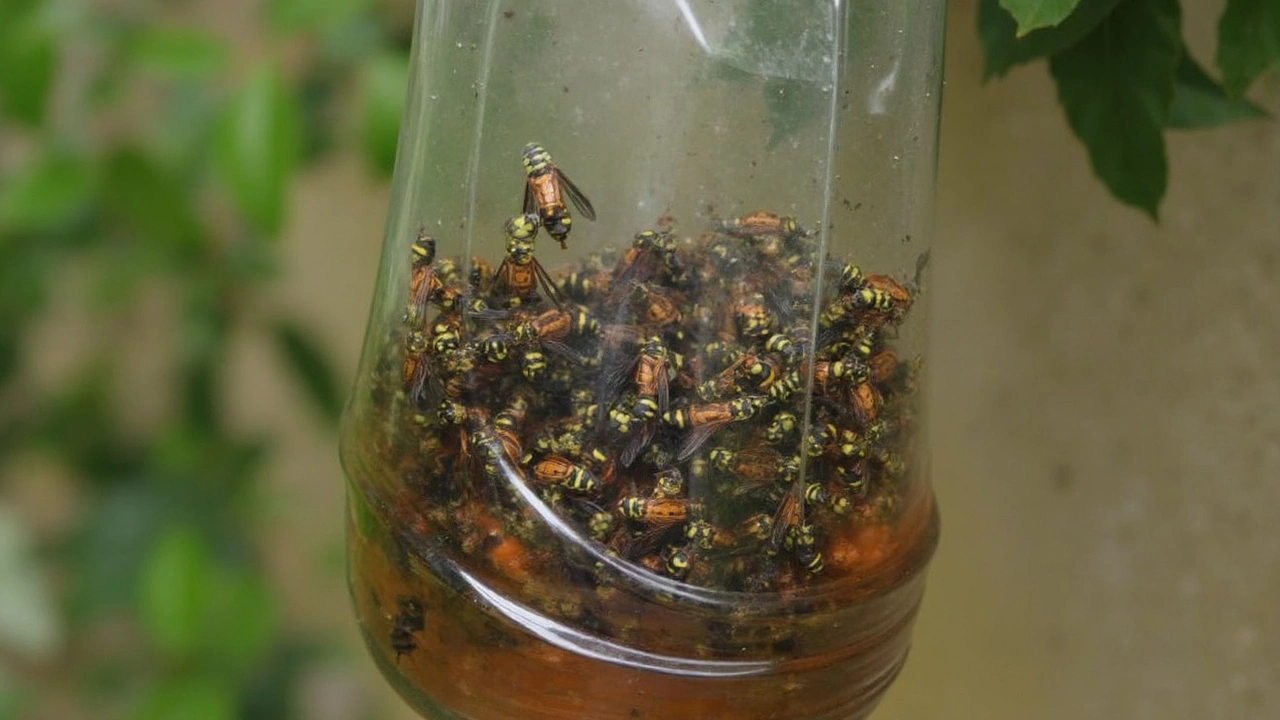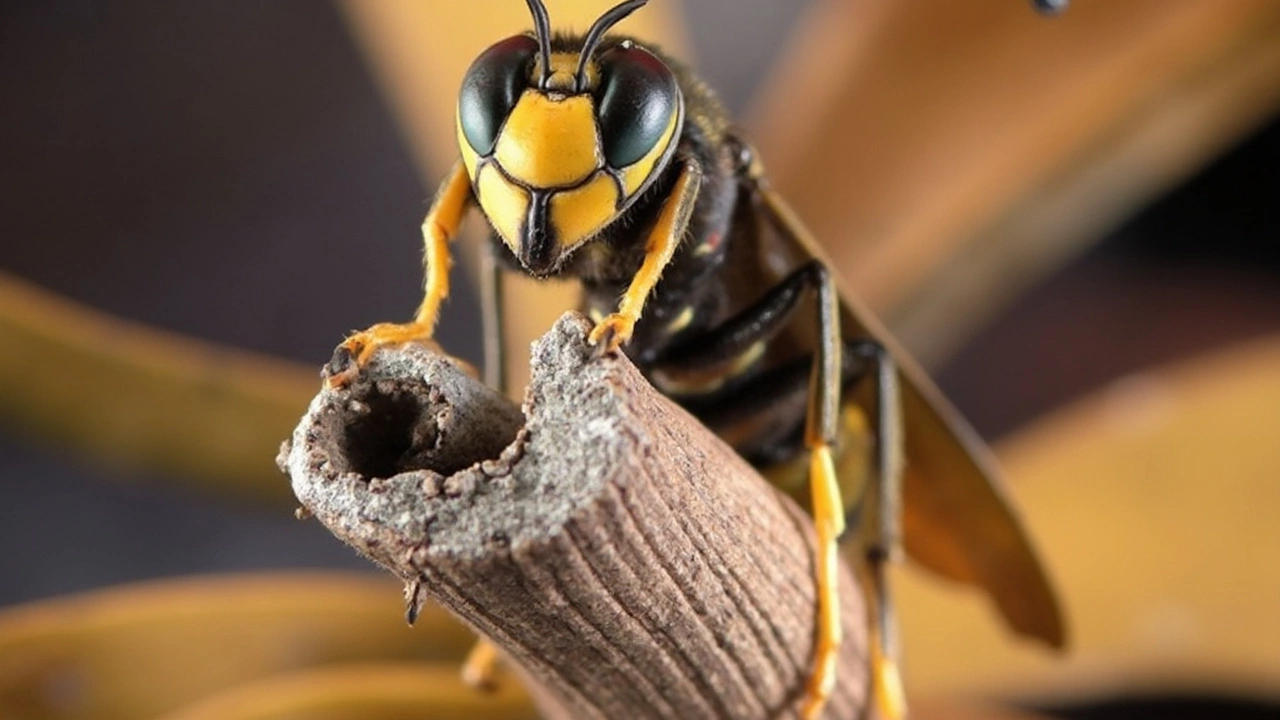Jersey's Astonishing Surge: A 1,000% Increase in Asian Hornet Queens
This year has set off alarm bells in the UK, particularly in Jersey, where the presence of Asian hornets has soared. As of mid-April 2025, 262 queen hornets have already been reported, a figure that reflects a shocking 1,000% increase compared to the same time last year. To put it in perspective, this number nearly surpasses the total queen hornets spotted by June in 2024.
Why the sudden rise? Experts point to warmer spring temperatures, which have coaxed these insects from their winter dormancy earlier than anyone expected. According to John De Carteret of the Jersey Asian Hornet Group, the queens have sprung up more than two weeks prematurely. His concerns are echoed by entomologists, who fear an impending population boom that would be rough on native pollinators.

The Threat to Pollinators and Agriculture
The Asian hornet, known scientifically as Vespa velutina, is notorious for its appetite for honey bees. An average hornet can wipe out up to 50 bees a day, and with a nest housing anywhere from 2,000 to 3,000 hornets, the devastation adds up. Each nest can consume around 11 kilograms of insects yearly. That’s roughly equivalent to about 90,000 bees.
A genetic study looking into 1,500 hornet larvae from 103 different nests shed some light on the dietary habits of these invaders. The hornets have been found preying on 43 types of flower-visiting insects — not just bees, but species critical to pollination and, by extension, agriculture. This dietary versatility presents a clear and present danger to the insect populations already in decline.
The broader picture doesn't help assuage fears. Although only two confirmed sightings of Asian hornets have been noted in the UK so far in 2025 (specifically in Shropshire and Kent), the specter of underreporting looms large. In 2024, the number of discovered nests dipped to 24 from 72 in 2023, yet DNA analyses indicate that the species may have successfully survived the winter right here in the UK for the first time. Such evidence further amplifies the urgency of the situation.
These hornets aren't limited to the UK. Their rapid spread across Europe, from the heart of France to 15 other countries, demonstrates their knack for adapting and overwhelming local ecosystems.
The public's role in this challenge cannot be understated. Authorities are emphasizing the importance of vigilance. Spotting and removing nests early could be key to preventing the hornets from morphing into a full-blown ecological crisis. It's worth noting that while the hornet's sting is hardly fatal, it can provoke severe allergic reactions in some people.
In the end, collaboration between government bodies, environmental groups, and the public seems more crucial than ever. Targeted measures to monitor and destroy nests, especially in vulnerable areas like Kent and East Sussex, where multiple nests were eradicated in previous years, could make all the difference.
